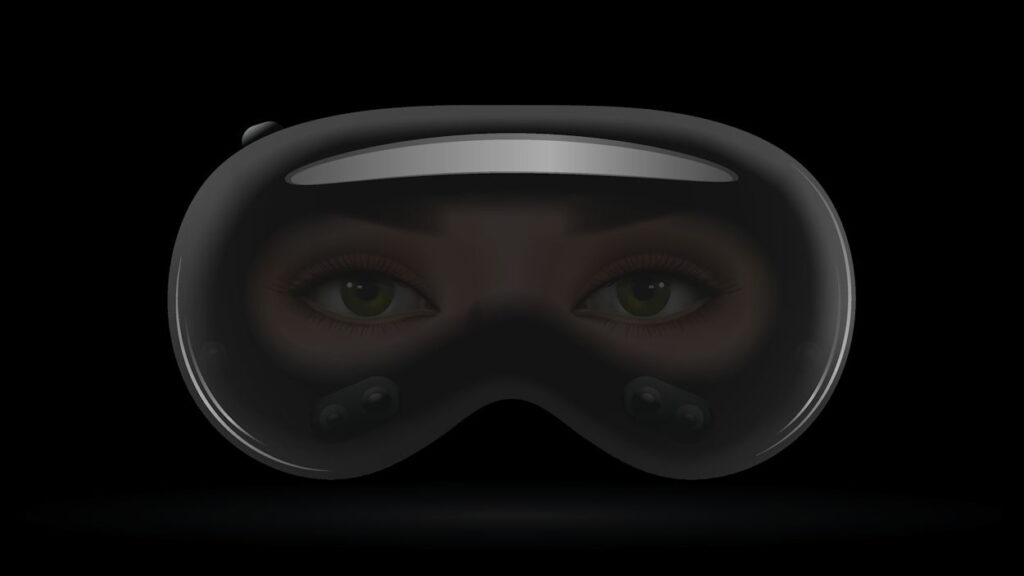
Earlier in February, the Apple Vision Pro made its debut, causing a stir online with its hefty $3,499 price tag. As interest surged, consumers began searching for vision pro alternatives. Mark Zuckerberg, CEO of Meta (formerly Facebook), joined the conversation on Instagram, announcing his firsthand experience with the Vision Pro. He pitted it against Meta Quest 3 and shared his candid impressions.
In a brief Instagram clip, seemingly captured through Meta Quest 3’s passthrough feature, Zuckerberg opens by acknowledging his initial belief that the Quest 3 provided superior value for most users, given that it is seven times less expensive ($500 compared to the Vision Pro’s $3,500). However, after his hands-on experience with the Vision Pro, Zuckerberg now contends that not only does the Quest offer better value, but it’s also unequivocally “the superior product overall.“
Continuing, Zuckerberg mentions that the video viewers are currently watching has been recorded using the Quest 3’s advanced high-resolution mixed reality passthrough technology. This becomes evident as a few browser windows and additional tabs briefly appear in the video.
He then highlights the versatility of the Quest 3’s lightweight build, weighing in at 515 grams, which is 120 grams lighter than the Vision Pro’s 600-650 grams. Additionally, he underscores the convenience of the Quest 3’s wireless design, taking a subtle jab at the Apple Vision Pro’s hefty external battery pack. Notably, the Vision Pro’s battery pack alone weighs 353 grams.
Crucially, leveraging the established presence of Meta Quest headsets, the Quest 3 boasts a more extensive app library, encompassing not only productivity apps but also a rich selection of top-tier VR games. While acknowledging the Vision Pro’s superiority in entertainment due to its cutting-edge micro-OLED displays, Zuckerberg notes that the Quest 3 features brighter displays.

Furthermore, Mark highlights the Quest 3’s hand tracking as notably more “accurate” and expresses a preference for its included physical controllers. He drops a subtle hint about the potential reintroduction of eye tracking, reminiscent of the feature initially seen on the Quest Pro, suggesting its logical inclusion in future iterations.
Concluding his remarks, Zuckerberg delves into the concept of open and closed models. While acknowledging Apple’s closed model as the dominant force in the mobile category, he draws parallels to Microsoft’s success with the open model in the PC era. Looking ahead, he expresses his “hopes” for Meta’s open model to emerge victory in the VR headset domain, hinting at the potential development of an open ecosystem.
While Zuckerberg highlighted the Quest’s established presence and superior content libraries, there’s another aspect to consider. The Apple Vision Pro marks Apple’s debut in this product category, and given Apple’s track record, it appears more like an initial test product that they’ll likely refine and improve upon in the future.
Looking ahead to the next iteration of the Vision Pro, it’s reasonable to anticipate a potentially more affordable option. There’s a chance we could see a lighter and more optimized headset, posing a competitive challenge to Meta and other industry leaders. However, it’s difficult to make definitive predictions at this stage, and only time will unveil the true trajectory of Apple’s developments in this space.



